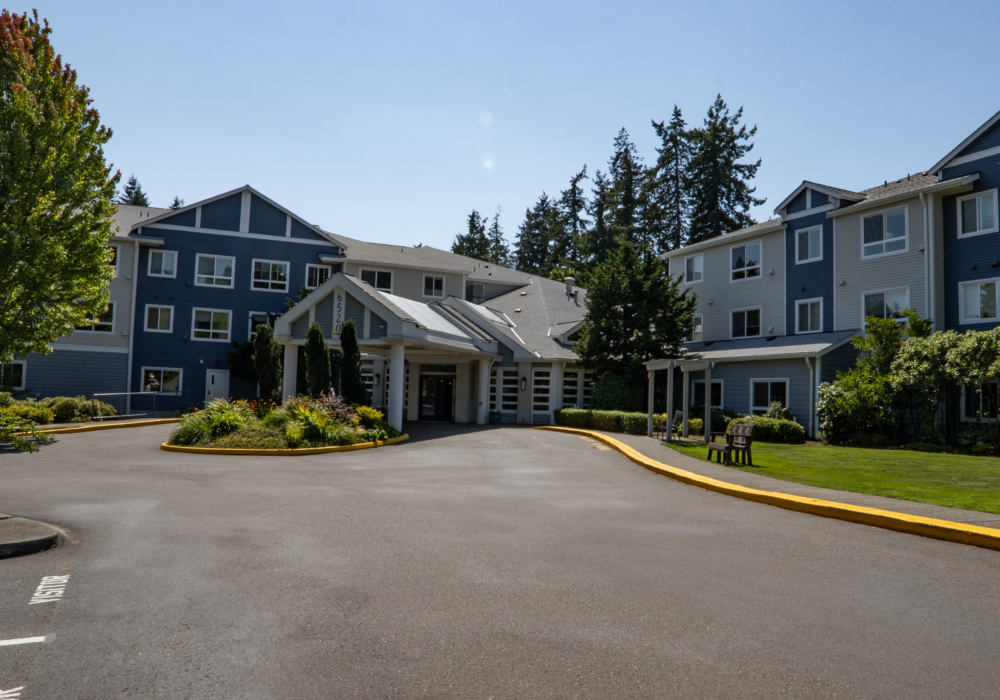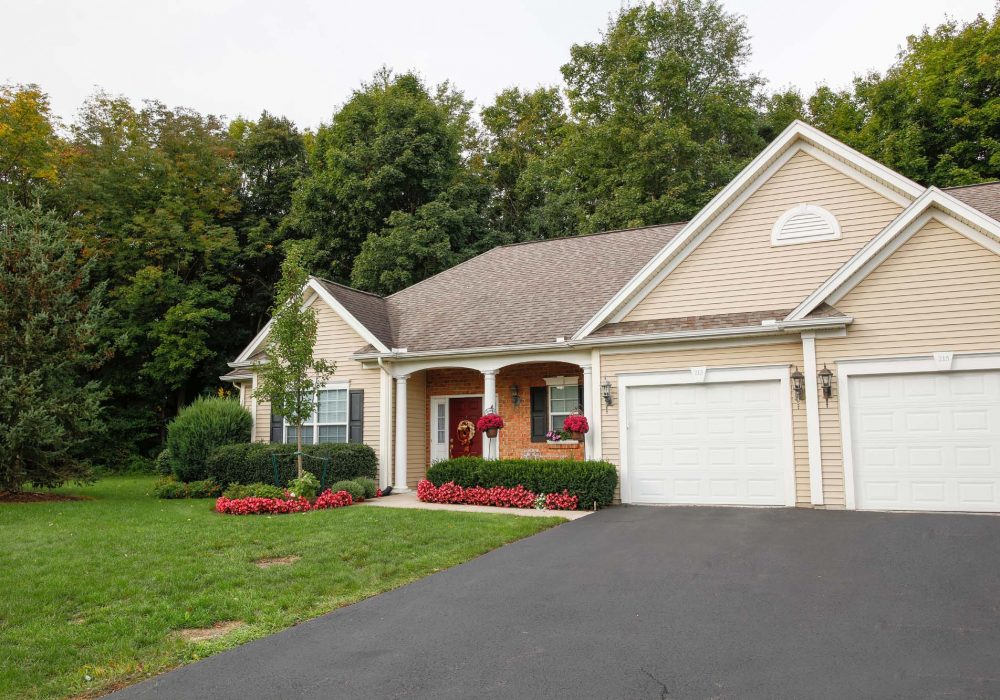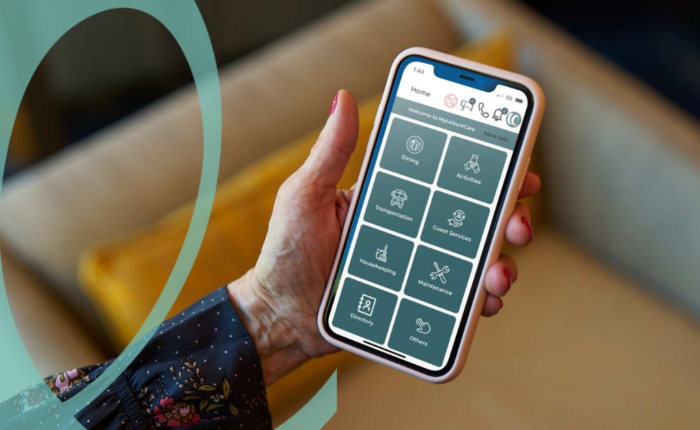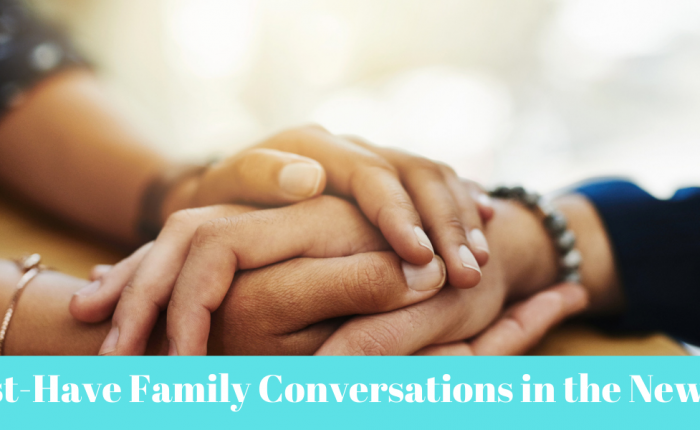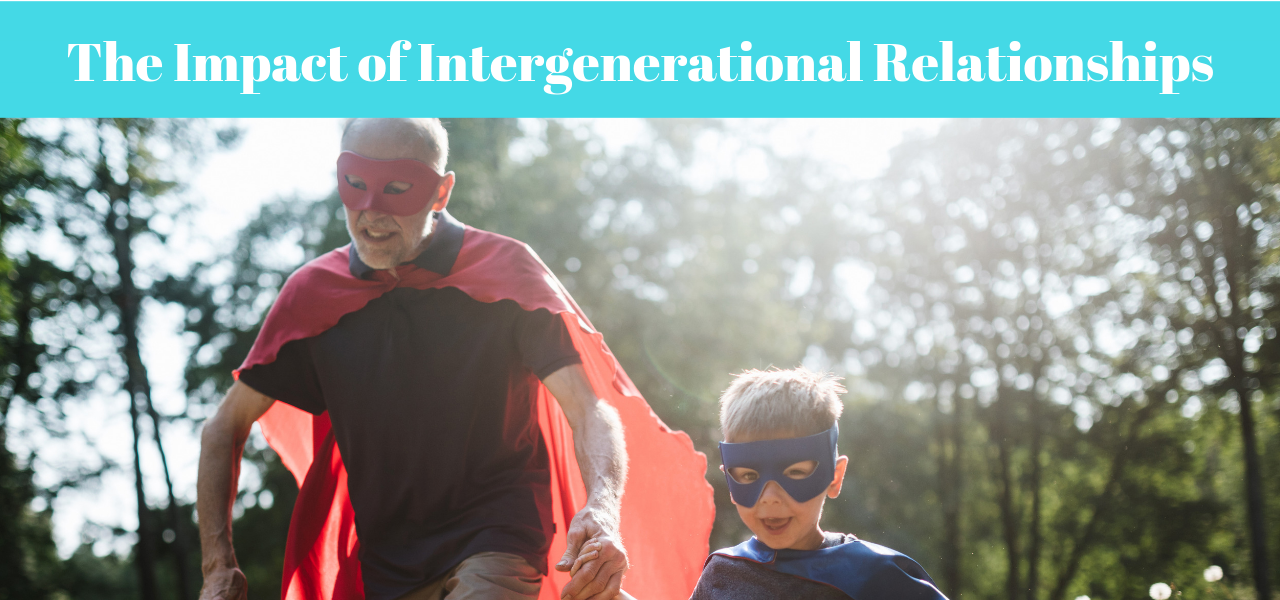
In honor of National Mentoring Month, we are taking a closer look at the power of intergenerational relationships for seniors. Started in 2002 and led by the Harvard School of Public Health, MENTOR, and the Corporation for National and Community Service, National Mentoring Month encourages older generations to take an active role in the lives of youths in America. For seniors, mentoring is a powerful way to make meaningful connections and can have a positive effect on the lives of both mentor and mentee.
Learn more about the benefits of intergenerational relationships for seniors.
The Impact of a Mentor
Andy Rooney said it best when he remarked,
“I’ve learned that the best classroom in the world is at the feet of an elderly person.”
Experience Leisure Care Senior Living
At Leisure Care, we know that is true. Our residents are full of wisdom and have so much to offer not only our senior living communities but the larger community around them.
As mentors, seniors have the ability to become a force for good in the lives of youths. Studies have found that youths who meet regularly with mentors are,
- 46% less likely than their peers to start using illegal drugs
- 27% less likely than their peers to start drinking
- More likely to trust their parents and have better communication with them
- Less likely to experience symptoms of depression
Additionally, 81% of young adults who face an opportunity gap but have a mentor are more likely to participate in sports or extracurricular activities than those who do not have a mentor.
Benefits of Intergenerational Relationships for Seniors
While most studies focus on the benefits of youth in a mentoring relationship, it can not be denied that senior mentors reap benefits as well. In fact, a study found that seniors who volunteer with children burn 20% more calories weekly, experience less falls, are less reliant on canes, and even performed better on memory tests than peers who did not volunteer with children.
Another study paired 101 seniors, all living in senior living, with health professions students and found that senior mentors showed a significant decrease (from 21.58 to 20.19) in concern and anxiety over ageism.
Other ways mentors can benefit seniors include,
- The opportunity to learn new skills, especially communication and technology skills.
- An improved sense of purpose and meaning.
- A better outlook on aging.
- A reduction in feelings of isolation and loneliness.
- The opportunity to pass along life lessons and family stories
Intergenerational Activities
Leisure Care senior living communities seek opportunities to create intergenerational programs and relationships. From building gingerbread houses to supporting children in need, our communities engage residents in the local community, purposefully creating opportunities for youth mentorship.
Other easy and fun intergenerational activities include,
- Storytelling
- Skill-swapping (knitting lessons, baking lessons, fishing lessons, etc.)
- Reading out loud to each other
- Scrapbooking
- Lessons on ethnic heritage
- Gardening
- Cooking
- Playing a board game or a card game
- Exercising together
How was a mentoring relationship benefitted you? How will you participate in National Mentoring Month? Share your experiences with us in the comments below.
Find a Leisure Care Community
Better with age, exceptional with us! Come and see how Leisure Care communities are helping seniors rediscover (and sometimes reinvent) themselves.




